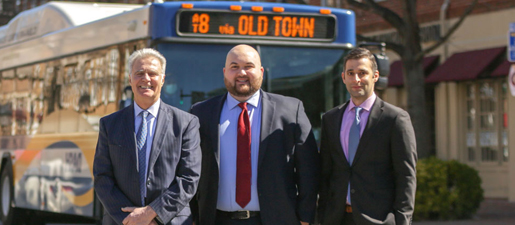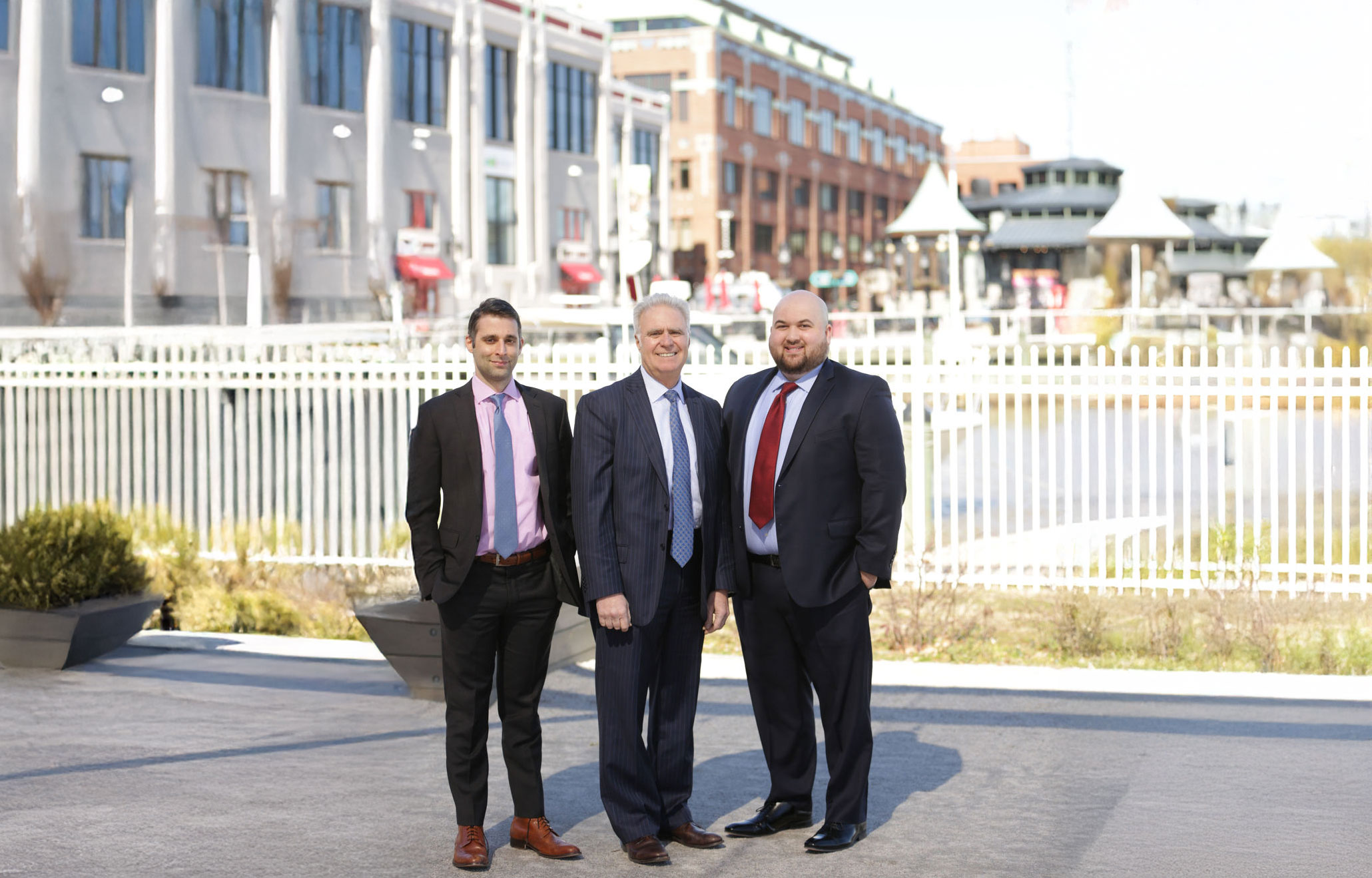Between Snowzilla last weekend and The Great Freeze this past week, winter is finally upon us and making up for the lost time. It was fun at first, jumping into snowdrifts that covered our heads, getting a few days off (or if you’re a teacher, a full week), but with all this snow and ice, roads and sidewalks are treacherous- heck, even the government, closed for most of this past week.
Now, many people know that even in the best conditions, accidents happen, but add some black ice into the mix, and everyone is sliding, skidding, falling, and crashing. For example, this morning before work, I slipped on some black ice in the parking lot and flipped onto my back. I’m fine. So, to shed some light on a grim situation, this week, I’m going to be explaining how weather affects personal injury claims.
First, whether or not the weather is poor, negligence must be proven for any personal injury claim. In an automobile collision or a slip and fall, someone must be liable due to negligence or reckless behavior. That could be speeding, being distracted while operating a vehicle, or even while walking, ignoring a slippery substance on the ground of commercial or private property for an extended period of time, etc. Proving negligence is already tricky, especially in Virginia, where the Contributory Negligence Rule is in effect, where if the plaintiff has contributed to the accident or injury at all, the plaintiff forfeits any claim to damages.
According to the Virginia Model Jury Instructions, which explains case law and precedent for skidding, Instruction No. 10.040 states, “The fact that a vehicle skidded on a slippery road is not, of itself, sufficient to establish negligence on the part of the driver.” It goes on to explain that negligence must be caused by the “failure of the defendant to act as a reasonable person would have acted under the circumstances.” Now, it’s the “under the circumstances” part that should catch everyone’s attention because that can make what seems like a perfectly reasonable action, unreasonable. For example, you’re driving on GW Parkway at 35 MPH, the posted speed limit. Reasonable? Yes. Legal? Yes! Add snow, ice, or rain to the equation. Still reasonable?
Remember back in Driver’s Ed when your gym teacher was explaining that drivers should slow down in inclement weather- something like, take off 1/3 of the posted speed limit for rain and ½ for snow? Well, that is advice one should follow, for in a court of law, a defendant can be found at fault for a skidding accident if they were driving too fast for the road conditions—even if they are at or under the speed limit. This is why, for the next few weeks, we strongly advise everyone to drive with extreme caution, stop completely at stop signs, inch out past those snowdrifts, and be proactive drivers.
Now, when it comes to slipping on sidewalks and parking lots, proving negligence becomes harder. According to the Virginia Model Jury Instructions Instruction No. 24.000 Landlords and property owners have a duty to warn others about dangerous situations unless “the condition is open and obvious,” aka refreezing snow and ice. Luckily for all of us, the Virginia Model Jury Instructions goes so far as to outline snow removal and de-icing in Instruction No. 24.030 and Instruction 23.110 (for commercial owners). “A landlord has a duty to a tenant to use ordinary care to remove ice or snow from outdoor entrance walks (parking lots, sidewalks) under his control within a reasonable time after the end of a storm.” There’s always a “but,” right? “Within a reasonable time” is our “but.”
The instruction is specific enough to protect landlords and property owners from standing outside in Snowzilla shoveling every flake that hits the ground but is also vague enough to allow for some epic arguing on when they should have cleared the area. To save you, readers, from the exciting, yet dry memorandums and qualifiers, the argument is as follows: Commercial property owners must protect their patrons. They should not have to stand in the snowstorm to do that. They also shouldn’t do the job of the municipal government (aka clearing public areas). Everything should be reasonable. If I haven’t convinced you yet, let me be frank: if you trip, slip, and hurt yourself because of poorly cleared parking lots and sidewalks, call an experienced personal injury attorney. You may not always receive good news, but they will be able to advise you based on your specific situation. Again, we advise you to walk more slowly and be extremely careful over the next few weeks while you’re out and about.
While I am fortunate to be fine after my 6 AM tumble, in the event that you or a loved one is hurt in an automobile or slip and fall accident due to ice and snow, contact a personal injury attorney to see if you can prove negligence and become “whole” again.
Be careful and safe.

